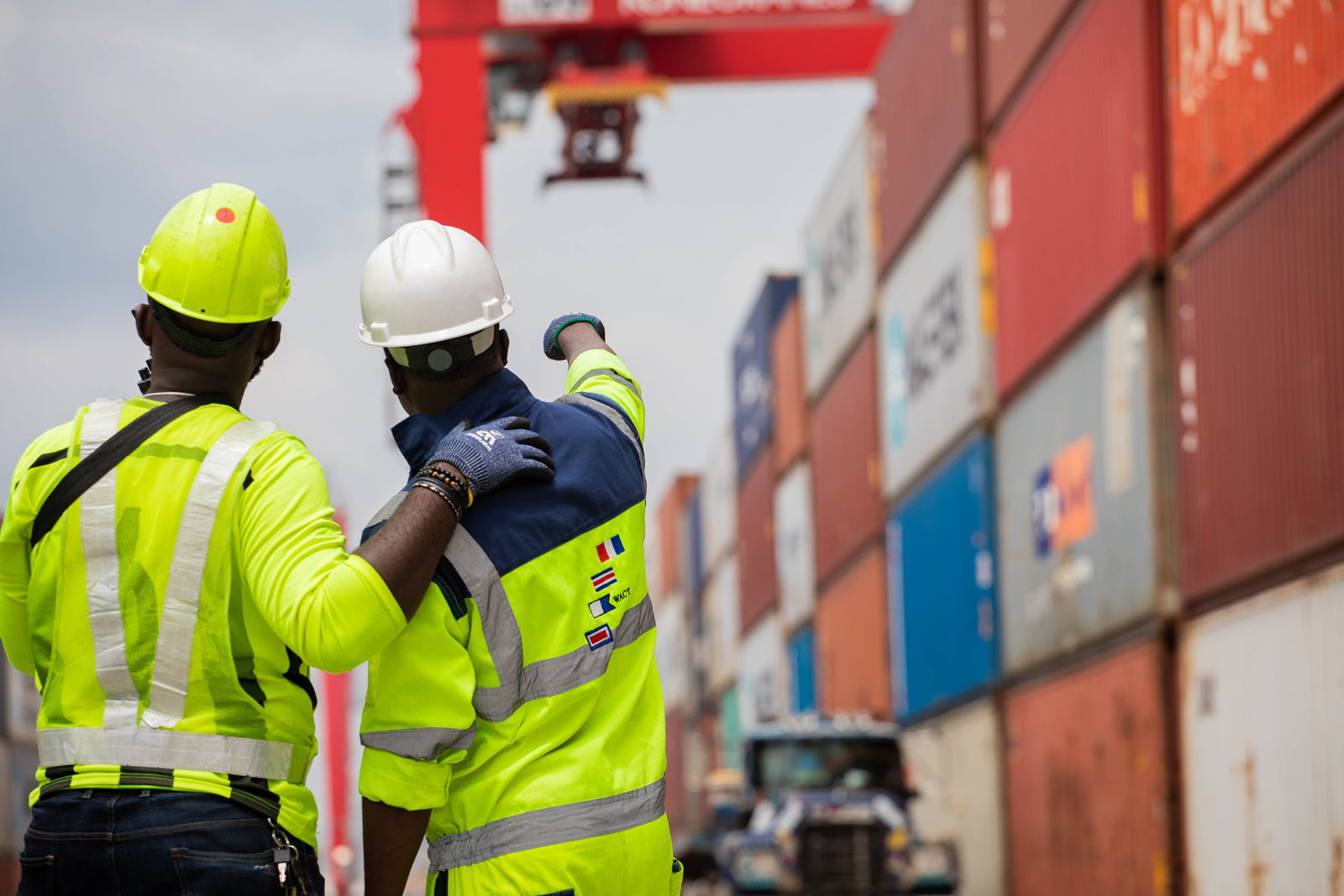Investors have raised the alarm that over N3.5 trillion invested in bonded terminals across the country is currently under threat.
The investors under the aegis of Association of Bonded Terminal Operators (ABTO), said their investments are under serious threat due to poor integration of local content into federal government port concessions of 2006.
Speaking yesterday at the maiden edition of Portnews Summit 2024 with the theme: ‘Port Reforms and Local Content: Has Nigeria Fared Well?,’ held in Lagos, the association through its general secretary, Haruna Omolajomo, however, raised the alarm over the declining state of bonded terminal operations in Nigeria.
Omolajomo, who is also the managing director of Harsecom Logistics Limited, painted a grim picture of an industry struggling to survive due to systemic neglect and marginalization.
He said, from 2001 to 2008, bonded terminals contributed over N1 billion yearly to the federal government’s revenue and operated at 80-100 per cent capacity but said the contribution has plummeted in the last few months to N300 million per annum, with most terminals functioning at less than five per cent capacity.
According to Omolajomo, the once-thriving facilities now stand largely abandoned, with some repurposed for activities such as football games.
Omolajomo highlighted the Dala Inland Dry Port as an example of the dire strait situation, noting that the facility, with a capacity of 25,000 containers and investments exceeding N500 billion, has not handled a single container since its completion.
He explained that, from 2001 to 2008, bonded terminals played a crucial role in decongesting Nigerian ports, handling over 500,000 twenty-foot equivalent units (TEUs) annually to prevent vessel diversion to neighbouring ports like Cotonou.
Omolajomo said, despite their contributions, bonded terminal operators have faced exclusion since the 2006 concessions, which favoured foreign concessionaires offering door-to-door services.
He argued that neglecting them amounts to economic sabotage, adding that five bonded terminal operators active in 2006 have since shut down due to crippling debts.
Omolajomo warned that, if no action is taken, bonded terminal operations in Nigeria may soon become extinct.
The port reforms failed to translate into the growth of local content. Instead, it’s a case of economic recolonisation, he said.
He urged the federal government to review its contractual obligations with concessionaires to protect the future of local content and the investments of indigenous operators.
Speaking earlier, the Publisher and editor-in-chief of PortNews, Wale Oni highlighted how measures like off-dock terminals and Inland Container Depots (ICDs), promoted by the Nigerian Shippers Council, alleviated port congestion in response to growing trade volumes.
He said the narrative changed following port reforms implemented between 2004 and 2006 under ex-President Olusegun Obasanjo. According to him, these reforms privatised key port terminals, handing over management to foreign concessionaires.
Oni criticised this shift, particularly, the impact on Nigerian-owned bonded terminals and ICDs, which have since faced marginalisation.
“Dala Inland Container Depot in Kano, despite its state-of-the-art infrastructure and rail connectivity, has not received a single container 18 months after its commissioning,” he lamented.
He argued that the cessation of container transfers to Nigerian facilities has impoverished local operators, leaving them as ‘mere onlookers’ in an industry once dominated by Nigerians.
